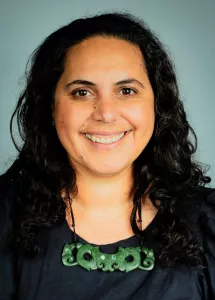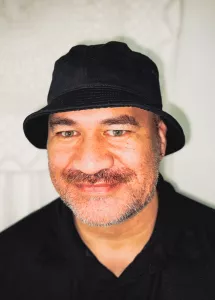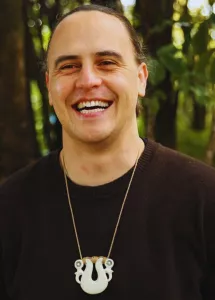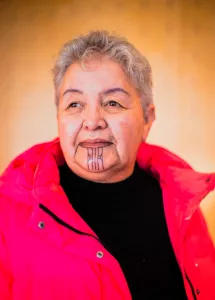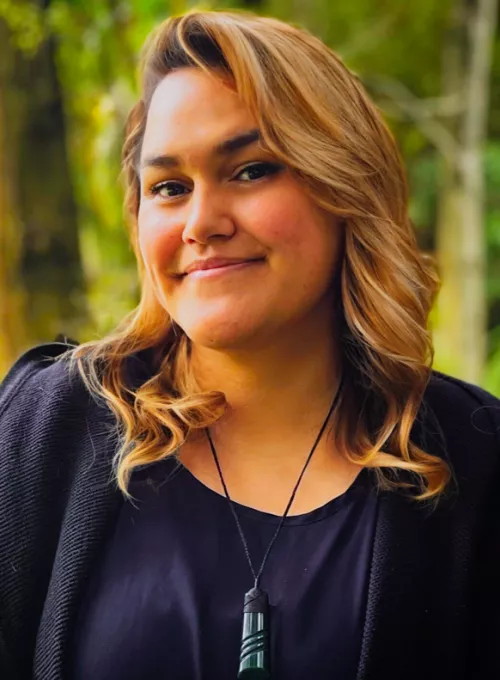
Dr Grace Hinepua Walker BA, BSc (First Class), MSc (Distinction), PhD is a data scientist focusing on changing Indigenous narratives by producing data for Indigenous and minority groups as well as commercialising diabetes management devices through Tautoko Technology.
In 2021, Grace received her PhD in Psychology at Te Whare Wānanga o Waitaha, the University of Canterbury, for examining the association between ethnicity, parenthood, and subsequent life outcomes. She found the biggest contributors to the well-being of parents were relationship stability, financial security, and social support. Therefore, those are the areas where interventions should be targeted to support.
Grace was aware that gaining a PhD would not be an easy task, but her passion and drive to change the way in which Māori and indigenous people are represented in research gave her the determination to endure. With the support of mentors and the MAI postgrad network, Grace created a strong social and academic support network that she remains close to post-studying. Grace is deeply committed to supporting rangatahi in STEM, knowing that fresh perspectives and creative approaches are essential to solving global challenges. Grace believes in leaving the door open for the next generation, fostering a pathway for young Māori to bring their unique insights and drive into science and technology.
She continues to mentor students within the MAI postgrad network and contribute to research focusing on building up the future Māori workforce within Aotearoa. As a Māori researcher, academic and data scientist, she stays focused, knowing that she is contributing to new research and approaches that are useful for Māori.
Grace’s mahi centres on using data to reflect the lived realities of Māori communities, enabling them to make empowered use of publicly available data. As a co-founder of Tautoko Technology, she has led efforts with her research teams to engage communities in designing diabetes management devices that are intuitive and grounded in a kaupapa Māori approach. Through Tautoko Technology, Grace emphasizes equitable healthcare access, with a mission to address health disparities impacting Māori and Indigenous communities. Across her work, Grace is committed to fostering housing and health equity for the lasting benefit of Māori and other underserved groups.
Grace's post-doctorate work focuses on using data to reflect the lived realities of Māori communities and how Māori communities can use publicly available data. She also leads the community engagement for THE LEAPS project, focusing on a kaupapa Māori approach to designing and commercialising affordable diabetes management devices. Throughout all of her mahi, there is a strong focus on housing and health equity for the betterment of Māori and indigenous groups.
In 2019, Grace established Think Analytic Ltd, a private research consultancy specializing in longitudinal data analysis and survey design for community-based projects. She has since worked full-time as its director. Through her organization, Grace contributes to several National Science Challenges, including Building Better Homes, Towns, and Cities; Our Land and Water; and Science for Technology and Innovation. In these projects, she brings a kaupapa Māori perspective, emphasizing the integration of community-lived experiences into research.
Grace is an active member of the Committee of Data in Research (CoDiR) and the Committee for Future Researchers for Te Tītoki Mataroa. Additionally, Grace is one of the founding members of MedTech-IQ, playing a pivotal role in developing their Māori engagement strategy, focusing on co-design and supporting rangatahi in the STEM space.
Grace advocates for statistics that empower rather than stigmatize. "Mixed-methods research can be beneficial because numbers quantify need, but qualitative insights provide the story and meaning," she says. Her focus on combining qualitative and quantitative data ensures a holistic approach to research that benefits Māori communities.
Links:
Te Rau Ora Toitū Hauora - Maori Housing, Health and Wellbeing | Dr Grace Walker
National Science Challenges Article - Early career researchers take the lead 22 March 2023
World Education News - Outcomes for parents explored in new Canterbury PhD research 21 December 2021
Updated 9 December 2024
